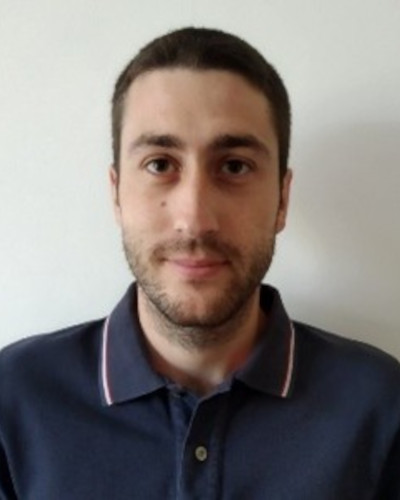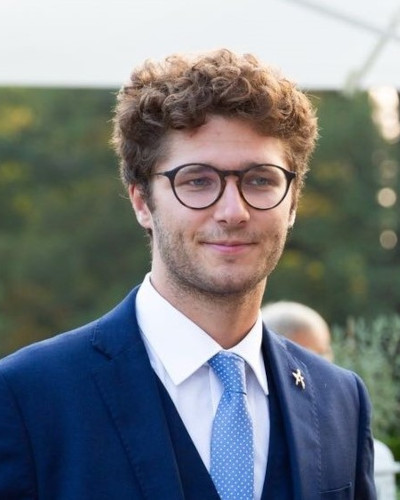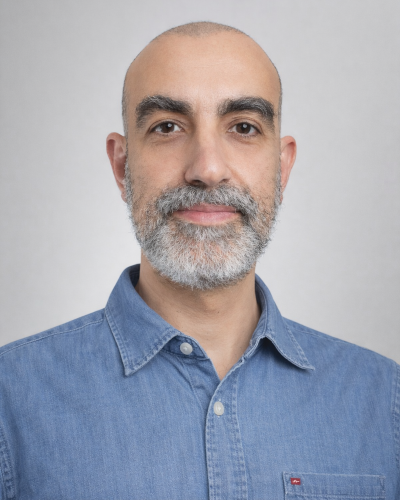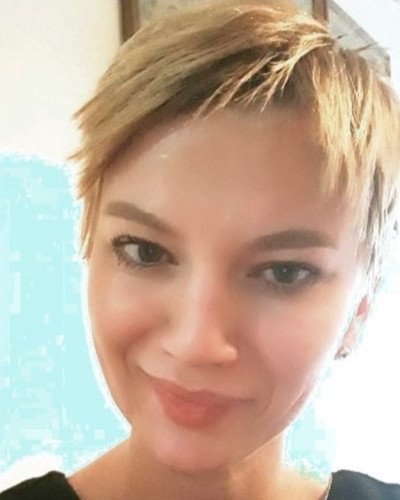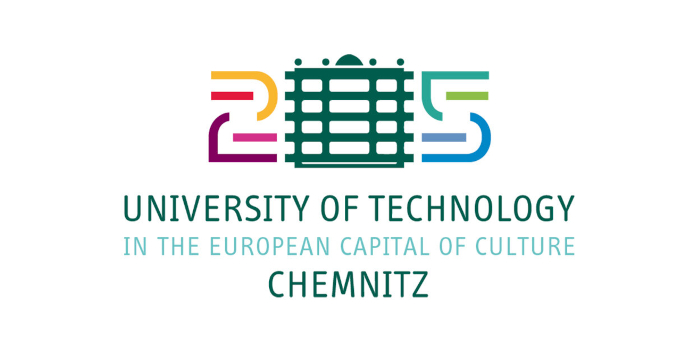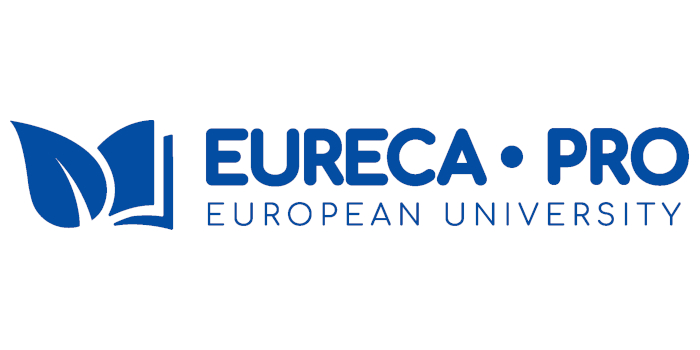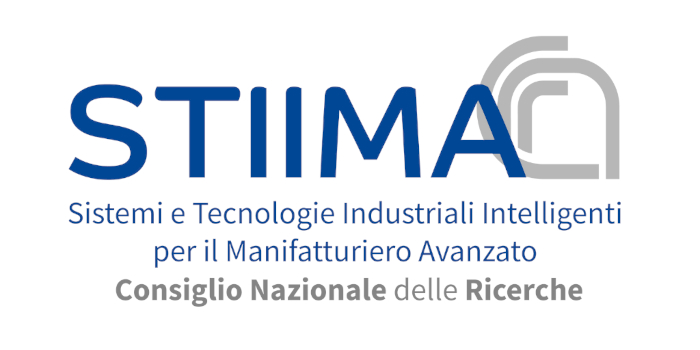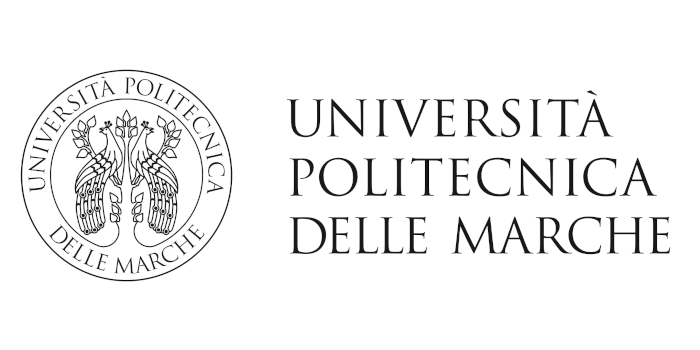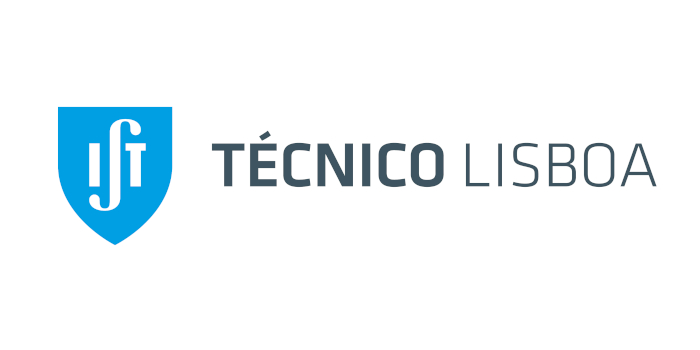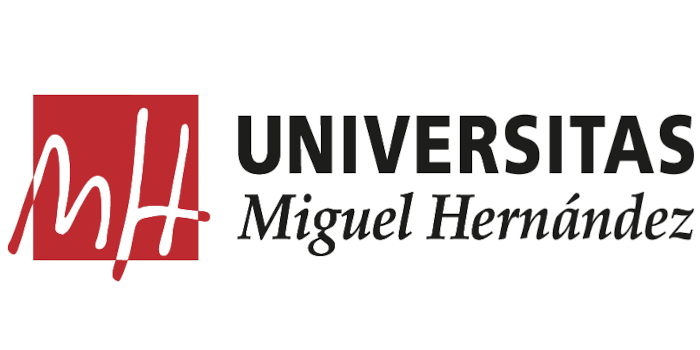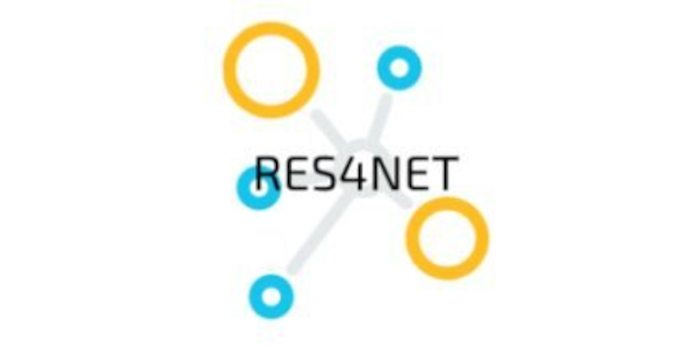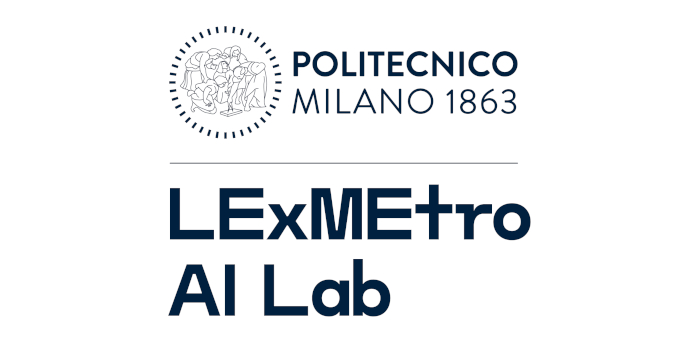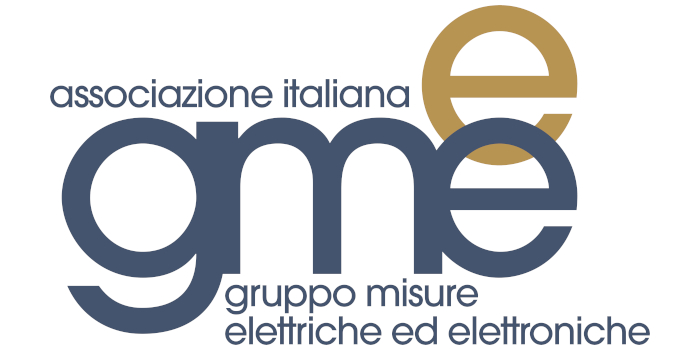THEMATIC SESSION #21
Multimodal Physiological Signal Processing for Assessment and Personalization of Human–Robot Interaction in Rehabilitation
ORGANIZED BY
Yuri Antonacci
Department of Engineering and Physics, University of Palermo, Italy
Matteo Lavit Nicora
Institute of Intelligent Industrial Systems and Technologies for Advanced Manufacturing, National Research Council, Italy
Alfonso Mastropietro
Institute of Intelligent Industrial Systems and Technologies for Advanced Manufacturing, National Research Council, Italy
Gorana Mijatovic
Faculty of Technical Sciences, University of Novi Sad, Serbia
THEMATIC SESSION DESCRIPTION
Robot-assisted rehabilitation (including exoskeletons, end-effector devices, and wearable/soft robotics) is emerging as a potentially relevant component of patient care, enabling adaptive assistance even with real-time feedback. However, its personalization and its effectiveness assessment still rely primarily on external performance metrics (kinematics, forces, task success) and subjective clinical scales. Conversely, internal users’ states that strongly shape interaction quality and effectiveness (e.g., cognitive workload, fatigue, stress, pain, engagement, cognitive-motor relationship) are only indirectly observed or often neglected.
This thematic session focuses on the processing of multimodal physiological signals, exploiting the network physiology paradigm, to shift the focus to internal states based on quantitative objective physiological variables. This new paradigm describes how central and peripheral systems coordinate their activity as an integrated network during human-robot interaction (HRI). In this context, EEG is one of the key signals in this topic, used to quantify neural state (e.g., attention/engagement, workload, fatigue, sensorimotor processing, error monitoring) and often interpreted jointly with peripheral physiology (ECG/HRV, respiration, EDA, EMG, temperature), biomechanics (IMU/kinematics, force/torque), and robot telemetry.
The first goal is to derive robust, interpretable biomarkers that assess HRI quality and effectiveness, and that are also related to therapy response. Moreover, biomarkers can also be leveraged as input for dedicated closed-loop control strategies (assist-as-needed, adaptive feedback, safety constraints) designed to enable proactive therapy personalization in clinically realistic conditions.
TOPICS
Topics of interest for this Thematic Session include (but are not limited to):
- Network physiology in rehab HRI: brain–autonomic–musculoskeletal coupling, static/dynamic connectivity, multilayer networks, time-varying interactions, and directed coupling (e.g., Granger Causality/transfer entropy);
- EEG as a key modality within multimodal pipelines: quality indices, motion/muscle artifact mitigation, workload/engagement/fatigue markers, sensorimotor rhythms, error-related activity—used in combination with other modalities rather than as a stand-alone solution;
- Peripheral physiology: HRV and cardiorespiratory coupling, EDA-based arousal, respiration markers, EMG synergies and fatigue indices, cortico-muscular coupling (EEG–EMG coherence) when relevant;
- Real-time data management: streaming pipelines, latency constraints, edge/on-device inference;
- Closed-loop personalization: multimodal personalization, confidence-aware adaptation, safety-aware controllers, human-in-the-loop learning;
- Metrology and validation: calibration, repeatability, drift, sensor quality metrics, uncertainty quantification, dataset shift, benchmarking datasets/protocols, reporting standards for multimodal studies;
- Clinical and ecological studies: longitudinal monitoring, responder stratification, links to functional outcomes and adherence, home vs clinic deployments, acceptability.
ABOUT THE ORGANIZERS
Yuri Antonacci received his M.Sc. degree (cum laude) in Biomedical Engineering in 2016 and his Ph.D. in Bioengineering in 2021 from the University of Rome “La Sapienza.”
From 2020 to 2023, he held postdoctoral research positions at the University of Palermo in the Departments of Physics and Engineering, where he worked on complex systems—including the human brain and financial markets—and developed information-theoretic and machine learning methods for the analysis of physiological and biomedical signals. He is currently Assistant Professor in the Department of Engineering at the University of Palermo, where he teaches biomedical signal processing and bioengineering methods at undergraduate, graduate, and doctoral levels.
His research focuses on the development of novel information-theoretic and data-driven techniques for biomedical signal processing, with particular emphasis on brain connectivity and brain–body interactions in both physiological and pathological conditions. He has authored over 70 peer-reviewed publications, receiving more than 1000 citations (h-index 18).
He has conducted international research visits as a postdoctoral researcher at the University of Electronic Science and Technology of China (Chengdu) and at the University of Novi Sad (Serbia), strengthening international collaborations in nonlinear dynamics and biomedical signal analysis.
He is a member of the IEEE Engineering in Medicine and Biology Society and actively contributes to the scientific community through editorial activities, conference organization, and invited talks. He has been invited speaker at international scientific events including the Joint Mathematics Meeting UMI–AMS and the Adriatica Summer School on Complex Systems. He has served as Associate Editor for the IEEE Engineering in Medicine and Biology Society Annual Conference and is an Editorial Board Member of international journals including Physiological Measurement, Biomedical Engineering Online, and Bio-Medical Materials and Engineering.
He has served on the local organizing committee and technical program committee of the International Conference on Complex Networks and Their Applications and is a member of the technical program committee of the International Conference on Information Systems and Computing Technology (Xi’an, China). He was also an organizer of the Ninth National Congress of Bioengineering.
Matteo Lavit Nicora completed his Master’s thesis at the University of Florida laboratories within a project focused on the development of intelligent human-robot collaboration systems for smart factories, resulting in his first publication in the Journal of Manufacturing Science and Engineering. He received his M.Sc. degree cum laude in Mechanical Engineering from Politecnico di Milano in 2019 and subsequently joined STIIMA–CNR as a researcher. From November 2021 to early 2025, he held a double affiliation with the University of Bologna, where he earned his Ph.D. in Mechanics and Advanced Engineering Sciences. He is currently enrolled in the Master in Leadership for International Relationships and Made in Italy, promoted by the Italy USA Foundation, with the aim of complementing his technical and scientific background with managerial and entrepreneurial competences. His research activity focuses on the design of human-centered control systems for mechatronic devices in rehabilitation and industrial applications. In particular, his work investigates the integration and exploitation of social, physiological, and psychological signals to characterize and enhance user experience during interaction with robotic systems. He has authored more than 30 peer-reviewed publications (H-index: 10) and is co-inventor of the international patent entitled “Device for Bilateral Rehabilitation.” He is also co-founder of Rehabilia Technologies s.r.l., a spin-off of the National Research Council of Italy, dedicated to the development of innovative devices for the education and rehabilitation of children with neurodevelopmental conditions.
Alfonso Mastropietro is a Researcher at the Institute of Intelligent Industrial Systems and Technologies for Advanced Manufacturing (STIIMA) of the National Research Council (CNR). He earned his BSc and MSc degrees in Biomedical Engineering from Politecnico di Milano in 2007 and 2009, respectively. In 2013, he obtained a European PhD in Bioengineering from the same university, defending a thesis entitled “19F MRI and Molecular Imaging: Optimization and Application in Multimodal In-Vivo Brain Cell-Tracking”.
From 2009 to 2015, Dr. Mastropietro conducted research at the Carlo Besta Neurological Institute in Milan, focusing on in vivo and ex vivo preclinical high-field MRI (7T) in animal models of neurological diseases. He also worked on molecular imaging using fluorinated compounds for MRI-based cell tracking. Between 2012 and 2013, he spent a research period at the In Vivo NMR Laboratory of the Max Planck Institute for Neurological Research in Cologne, working on multimodal imaging (19F MRI, bioluminescence, optical microscopy) for tracking neural stem cells in preclinical studies. His current research interests focus on developing and applying biomedical image processing and analysis methods, including AI-based approaches, with a particular emphasis on MRI image analysis for quantitative biomarkers extraction. He uses advanced imaging techniques such as DTI, IVIM, Dixon, relaxometry, and tractography, applied to both brain and muscle tissue. He also works on EEG signal analysis to evaluate the effects of motor rehabilitation in stroke patients and to assess cognitive workload. Alfonso Mastropietro has participated in numerous national and international conferences and research projects, also covering roles with responsibility. He is an author and co-author of more than 70 publications in indexed international journals.
Gorana Mijatović received her B.Sc. and M.Sc. degrees in Electrical Engineering in 2009 and 2010, respectively, and her Ph.D. in Electrical Engineering in 2018, all from the University of Novi Sad, Serbia. She is currently an Associate Professor in the Department of Power, Electronics, and Telecommunications at the Faculty of Technical Sciences (FTS), University of Novi Sad (UNS). Her research interests span computational neuroscience, network physiology, complex systems, nonlinear and network dynamics, and synchronization. She has authored over 90 publications, including a book chapter, 26 articles in peer-reviewed indexed journals, 37 papers in peer-reviewed conference proceedings, 18 other conference papers, and 11 abstracts in indexed journals. She serves as a Review Editor for Frontiers in Network Physiology and is an active member of IEEE, the IEEE Engineering in Medicine and Biology Society (EMBS) Technical Committee, as well as CEVAS (Centre of Excellence for Vibro-Acoustic Systems and Signal Processing) and ICONIC (Center for Intelligent Communications, Networking, and Information Processing) at FTS, UNS.

